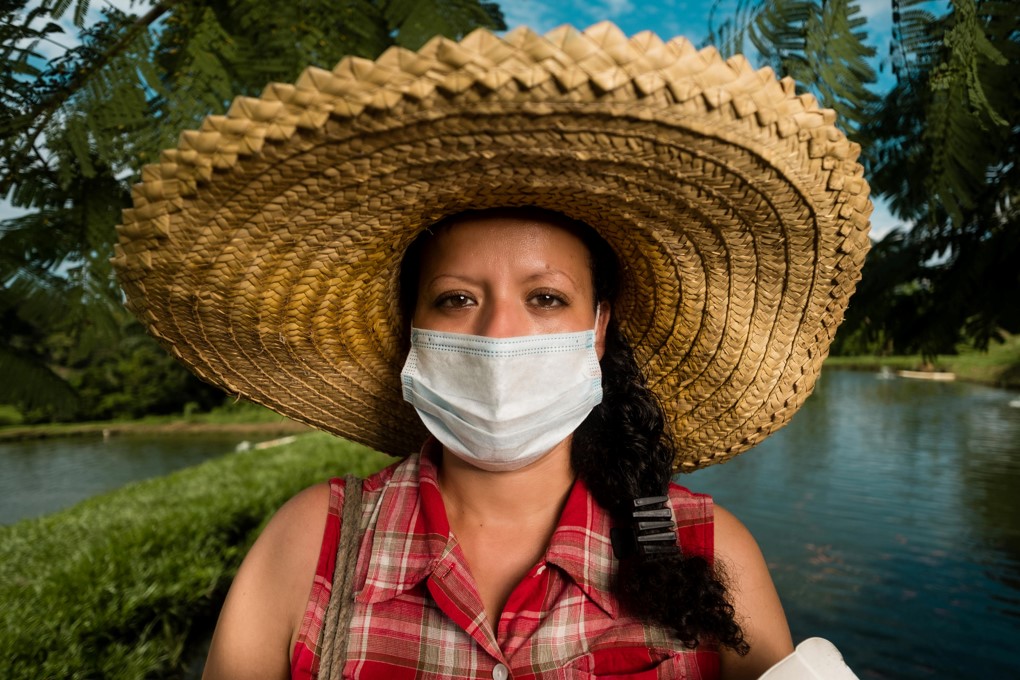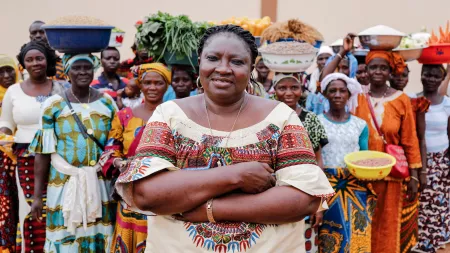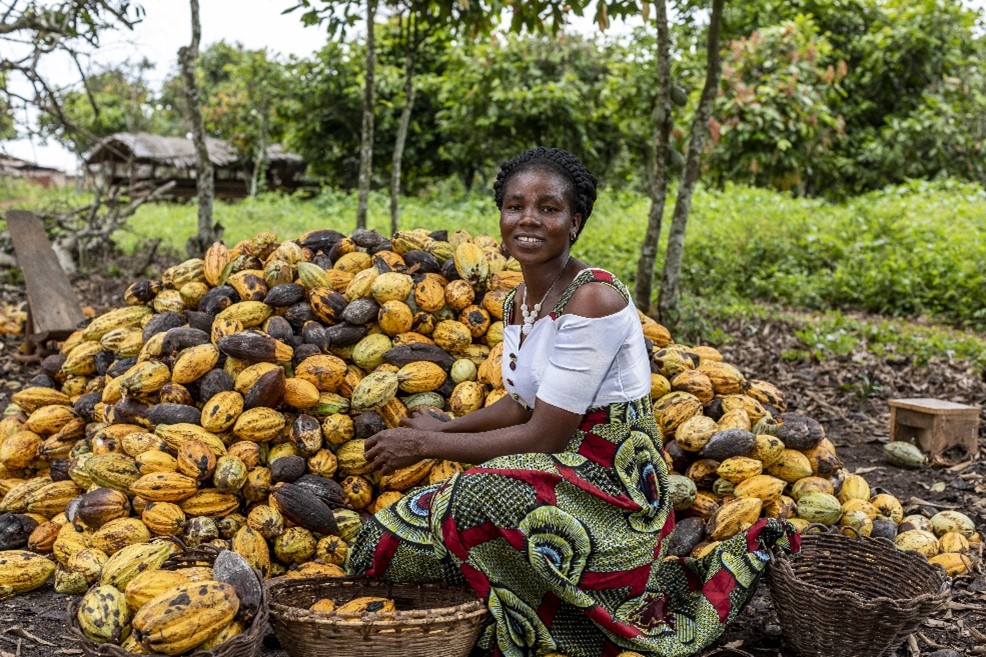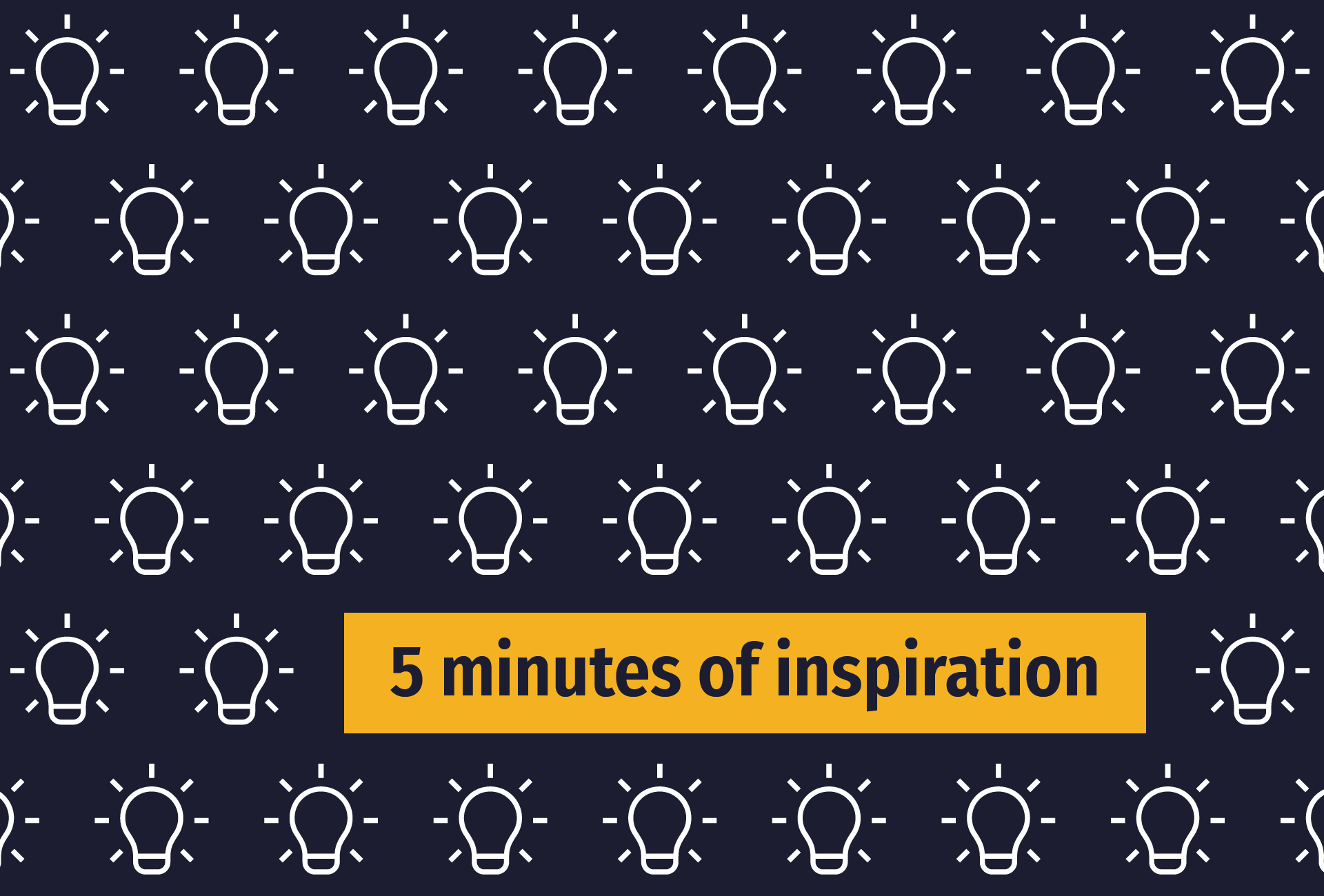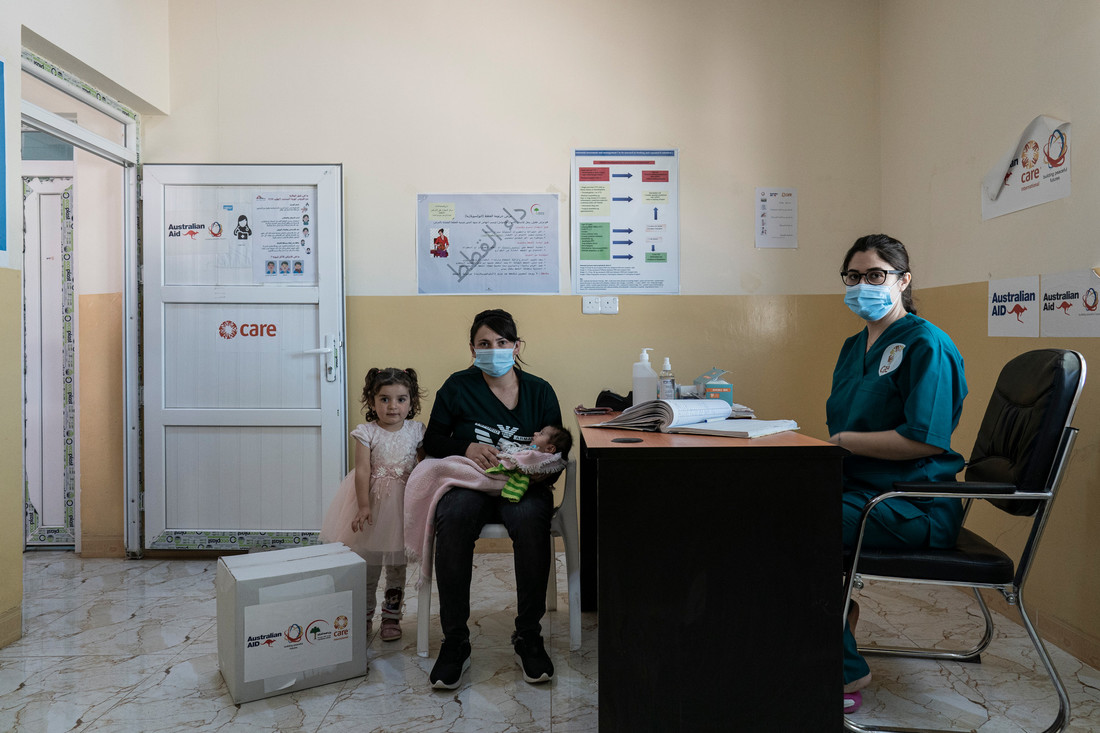History of CARE International's work in Côte d'Ivoire
CARE International first began working in Côte d'Ivoire in 2000 as part of a region-wide effort to fight AIDS. Since then, political instability and violence has displaced many people and increased humanitarian needs.
What CARE International does in Côte d'Ivoire
Today, CARE International's work focuses on women's empowerment, social cohesion, clean water, sanitation, and hygiene, and resilience to the climate crisis. We also work with cocoa farmers to help improve the livelihoods of producers, promote safe labor practices, and diversify sources of income.
Since 2020, CARE International has been responding to COVID-19 in Côte d'Ivoire. Response efforts include spreading information about COVID-19 prevention methods, distributing cash transfer, providing clean water and sanitation, and setting up call centers to respond to gender-based violence.
